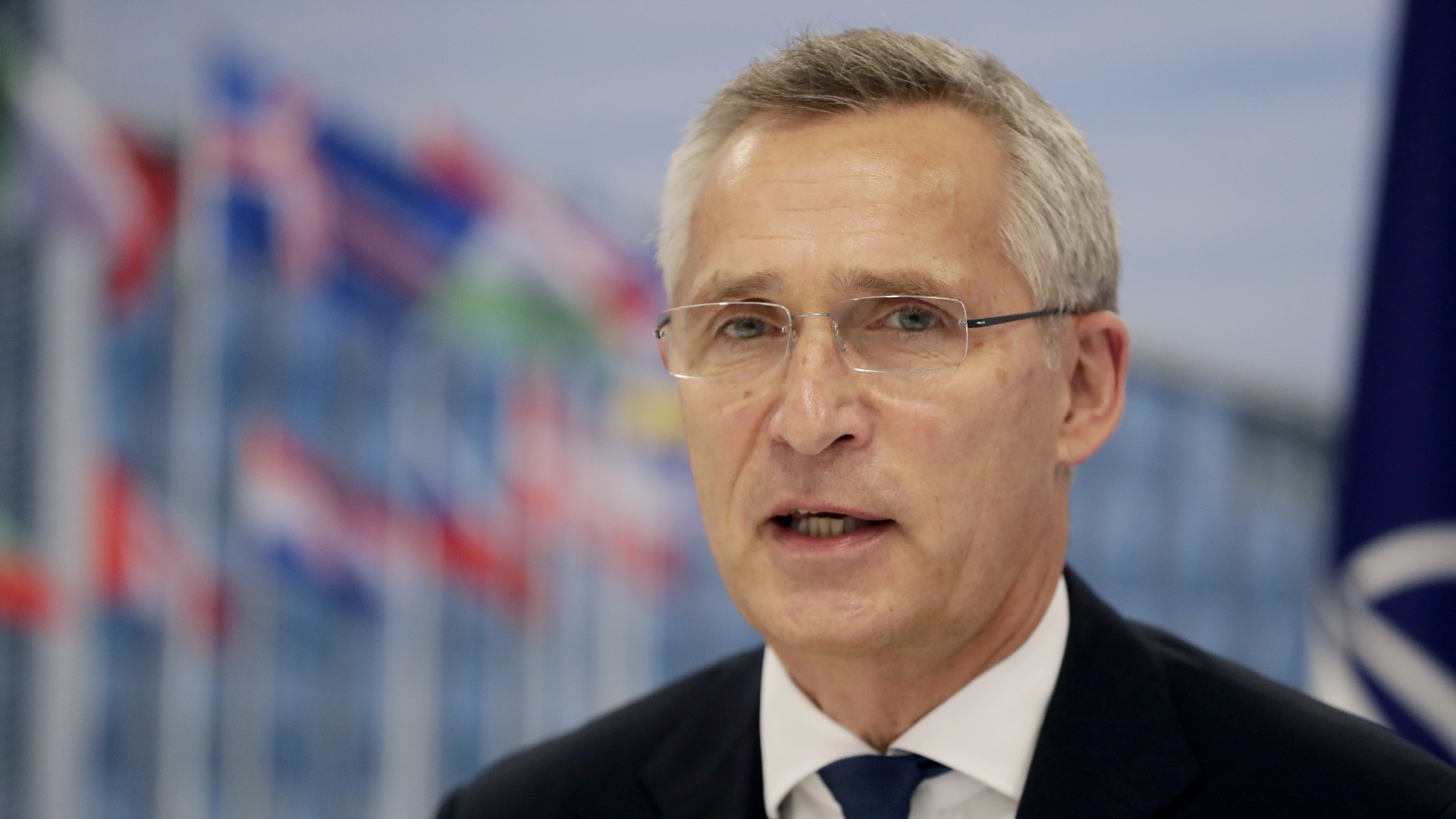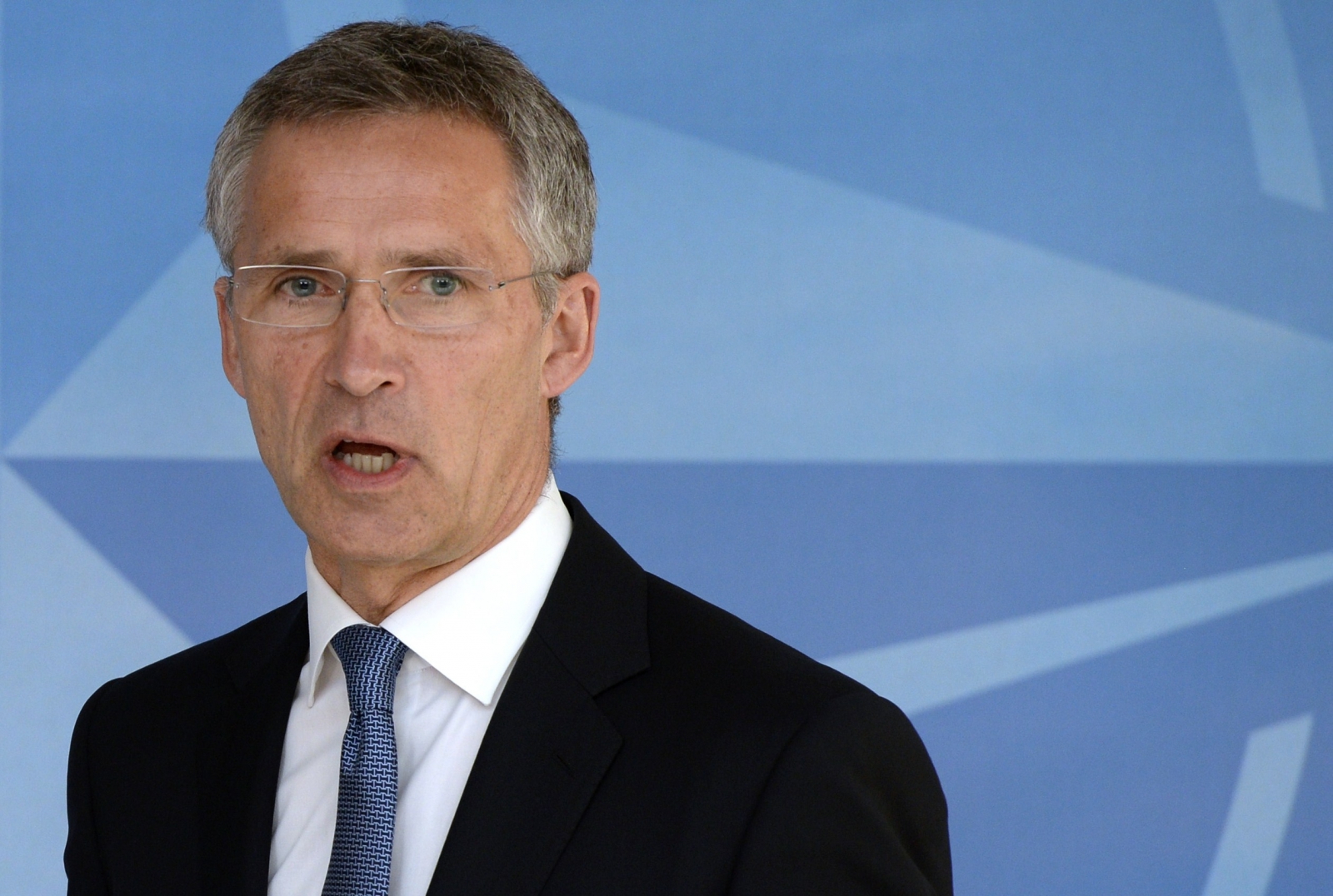Jens Stoltenberg’s Leadership in NATO

Jens Stoltenberg’s tenure as NATO Secretary General has been marked by significant initiatives and strategies aimed at strengthening the alliance and adapting it to evolving security challenges.
Jens Stoltenberg, the Secretary General of NATO, has been instrumental in leading the organization through a period of significant challenges. Under his guidance, NATO has strengthened its collective defense capabilities and expanded its membership, with the recent addition of Finland and Sweden.
NATO members have reaffirmed their commitment to the alliance, recognizing the importance of collective security in an increasingly uncertain world. Stoltenberg’s leadership has been crucial in maintaining NATO’s unity and ensuring its continued relevance as a guarantor of peace and stability.
Key Initiatives and Strategies
Stoltenberg has implemented several key initiatives to enhance NATO’s collective defense and promote cooperation among member states. These include:
- NATO 2030: A long-term vision for the alliance’s future, emphasizing technological modernization, resilience, and global engagement.
- Enhanced Forward Presence: The deployment of multinational forces to the eastern flank of NATO, deterring potential aggression from Russia.
- Cybersecurity Cooperation: Strengthening NATO’s cyber defenses and enhancing cooperation among member states to address cyber threats.
- Partnerships with Non-NATO Countries: Expanding NATO’s partnerships with non-member countries, such as Australia, Japan, and South Korea, to address shared security concerns.
Jens Stoltenberg’s Role in International Diplomacy

Jens Stoltenberg has been an influential figure in international diplomacy and conflict resolution throughout his career. His diplomatic approach emphasizes dialogue, cooperation, and the pursuit of peaceful solutions. As NATO Secretary-General, Stoltenberg has played a pivotal role in mediating and resolving conflicts, including the ongoing war in Ukraine.
Stoltenberg’s Diplomatic Approach
Stoltenberg’s diplomatic approach is characterized by his ability to foster dialogue and cooperation between nations. He believes that diplomacy is the most effective way to prevent and resolve conflicts. Stoltenberg has a strong commitment to multilateralism and works closely with other international organizations, such as the United Nations, to address global challenges.
Jens Stoltenberg’s Vision for the Future of NATO

Jens Stoltenberg, NATO’s Secretary-General, envisions a future where NATO remains a cornerstone of global security, adapting to evolving threats and maintaining its relevance in a rapidly changing international landscape. He believes NATO should continue to strengthen its core mission of collective defense, while also addressing new challenges such as cyber warfare, hybrid warfare, and terrorism.
Adapting to Future Security Threats
Stoltenberg emphasizes the need for NATO to adapt to emerging security threats. He proposes enhancing the Alliance’s cyber defense capabilities, investing in new technologies, and strengthening its resilience against hybrid warfare. He also calls for a stronger focus on intelligence sharing and early warning systems to anticipate and respond to potential threats.
Maintaining NATO’s Relevance, Jens stoltenberg
To maintain NATO’s relevance, Stoltenberg advocates for expanding the Alliance’s partnerships with non-member countries, particularly in regions where security challenges are growing. He believes NATO should play a more active role in international crisis management and conflict prevention, and should engage with other international organizations to address common security concerns.
Strengthening Collective Defense
While adapting to new challenges, Stoltenberg stresses the importance of strengthening NATO’s core mission of collective defense. He proposes increasing defense spending, enhancing military capabilities, and improving interoperability among member states. He also emphasizes the need for NATO to maintain a strong nuclear deterrent as part of its overall defense strategy.
Key Challenges and Opportunities
NATO faces several key challenges in the coming years, including:
* Evolving security threats such as cyber warfare and hybrid warfare
* The rise of non-state actors and terrorist organizations
* Geopolitical tensions and conflicts in various regions
* The need to maintain unity and consensus among member states
Stoltenberg sees these challenges as opportunities for NATO to adapt and strengthen its role in global security. He believes that by addressing these challenges, NATO can continue to be a vital alliance for collective defense and a force for stability in the world.
Jens Stoltenberg, the NATO Secretary General, has been a vocal advocate for Ukraine’s defense against Russian aggression. In a recent interview with George Stephanopoulos , Stoltenberg emphasized the importance of unity and resolve among NATO members in supporting Ukraine. He stressed that the alliance must continue to provide military and humanitarian aid to Ukraine while maintaining its own defense capabilities.